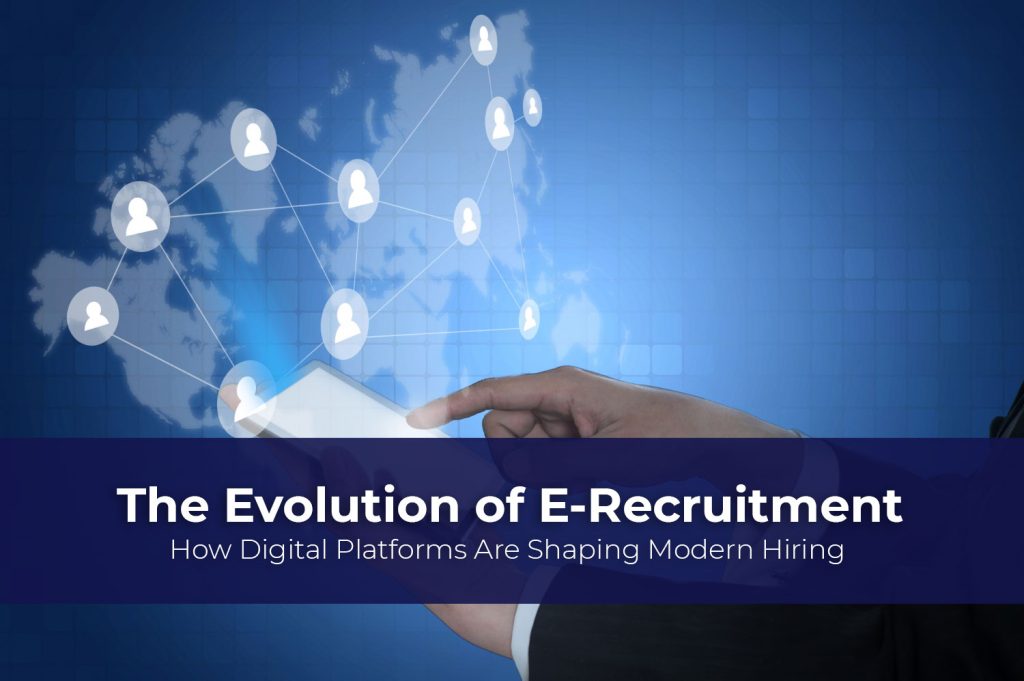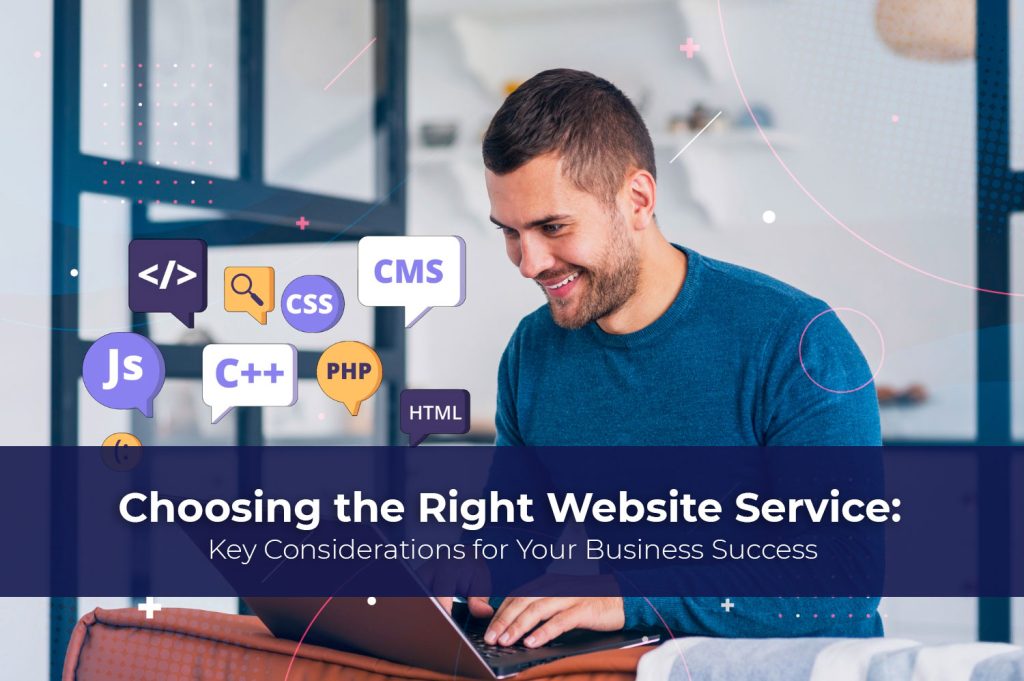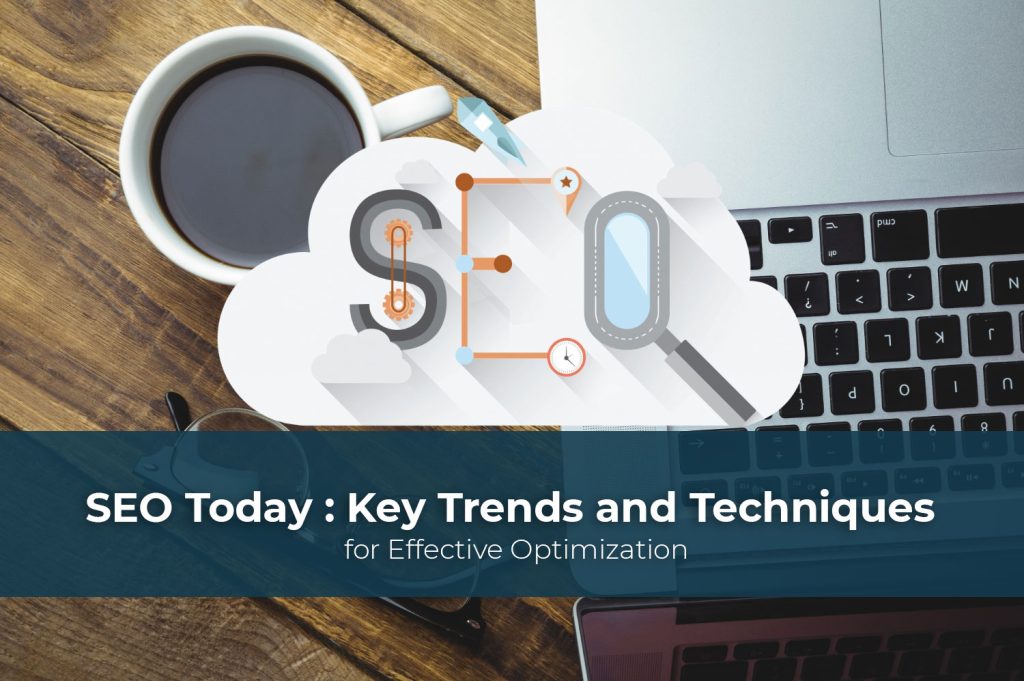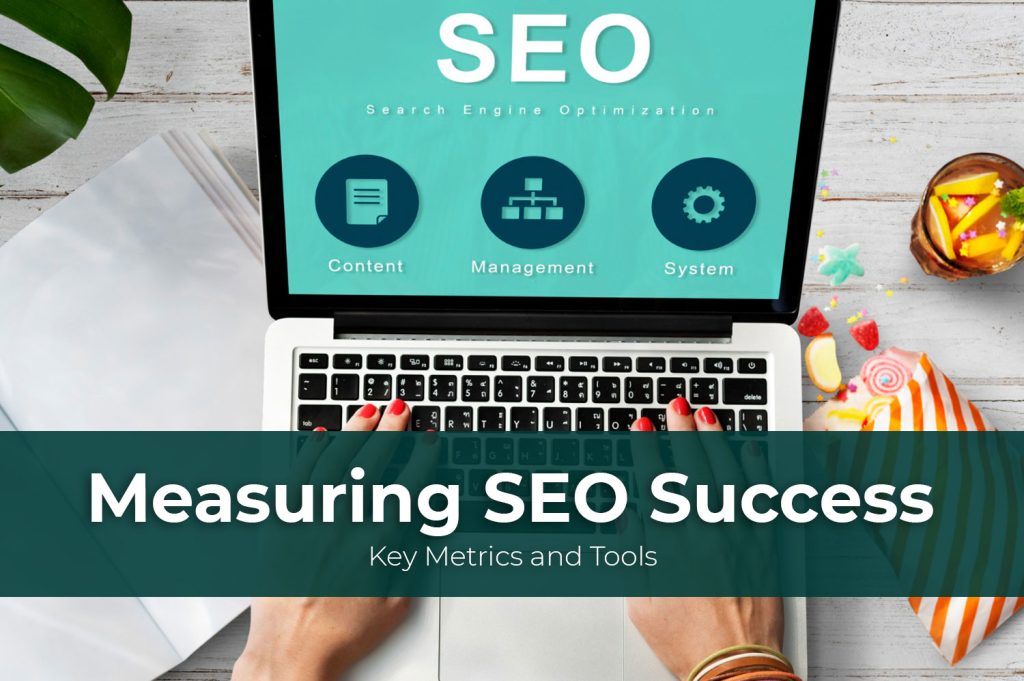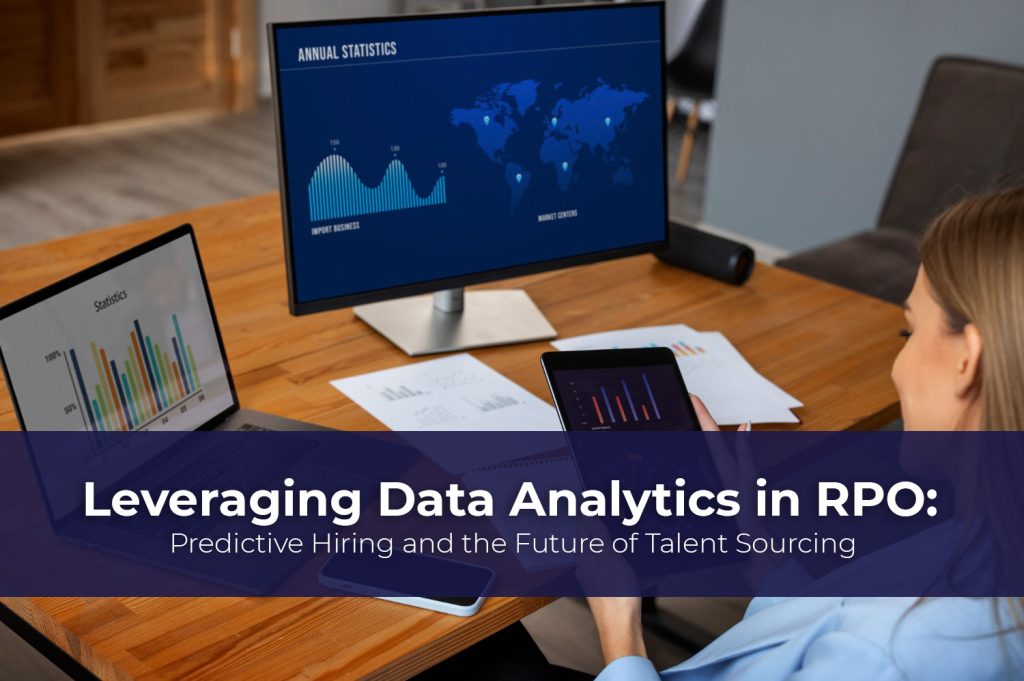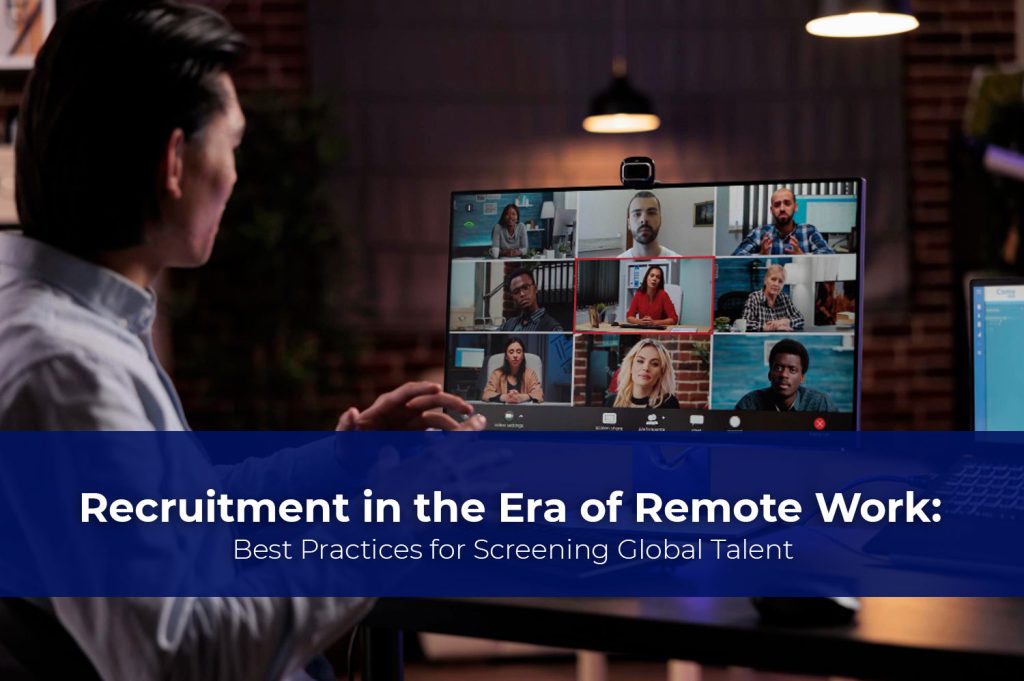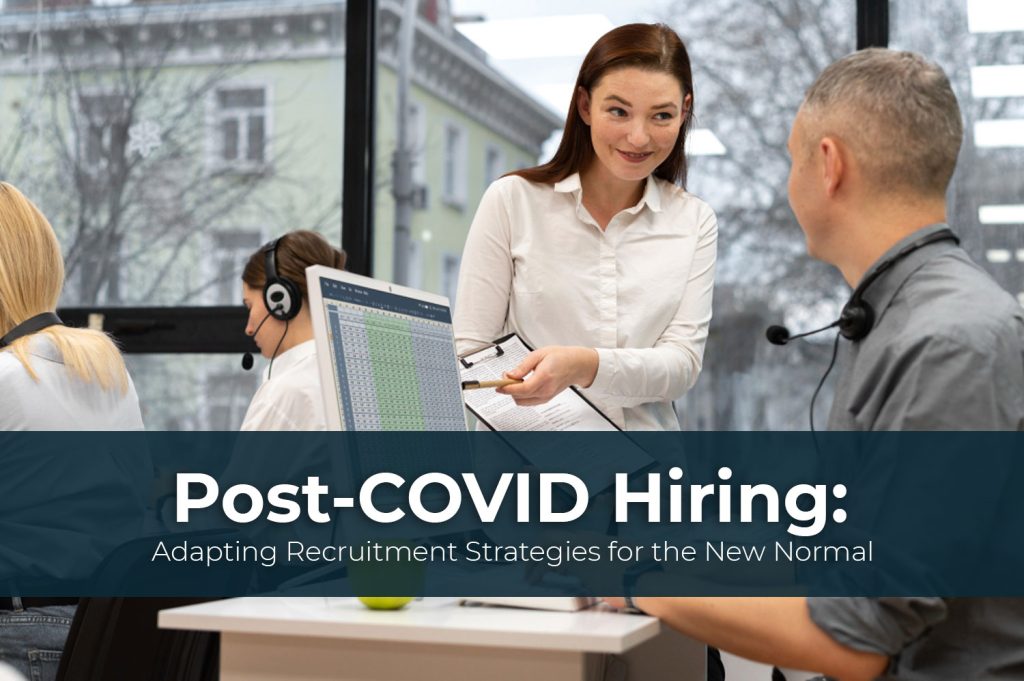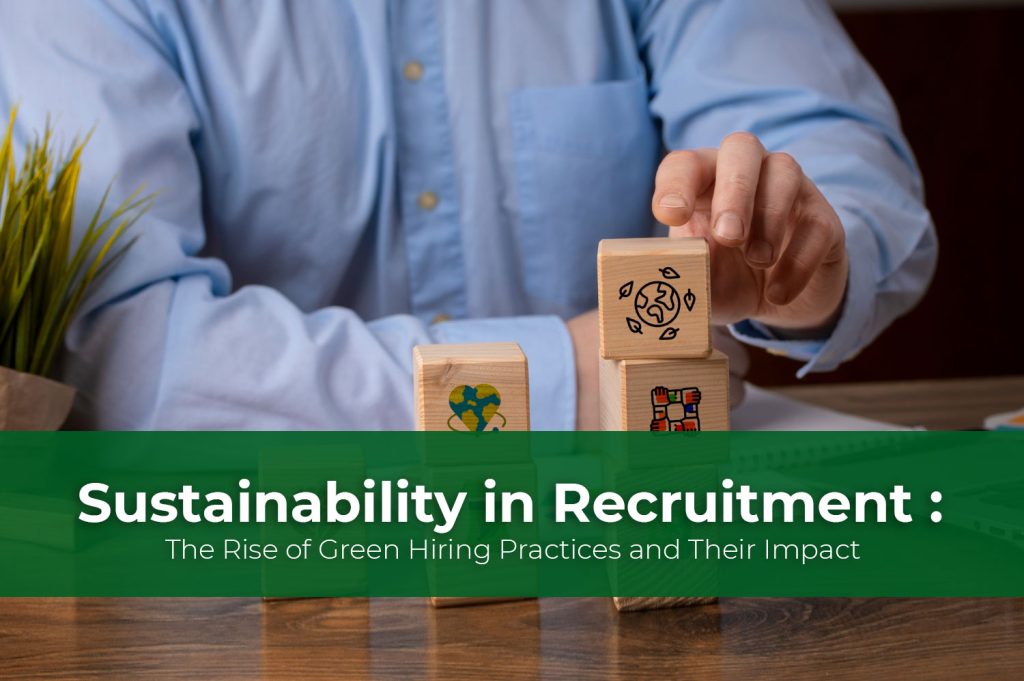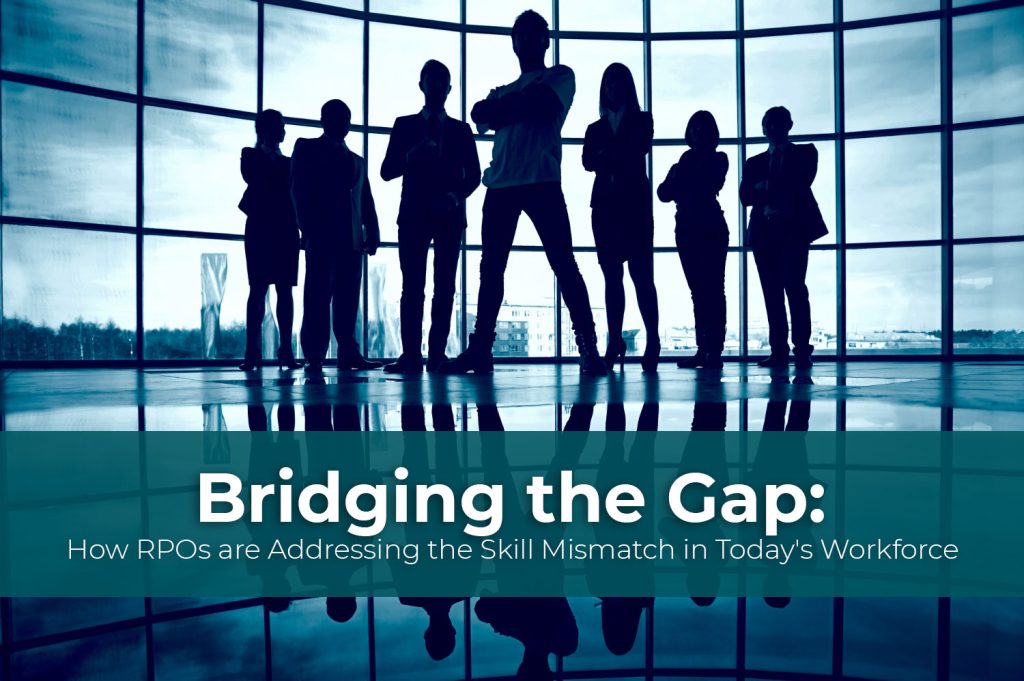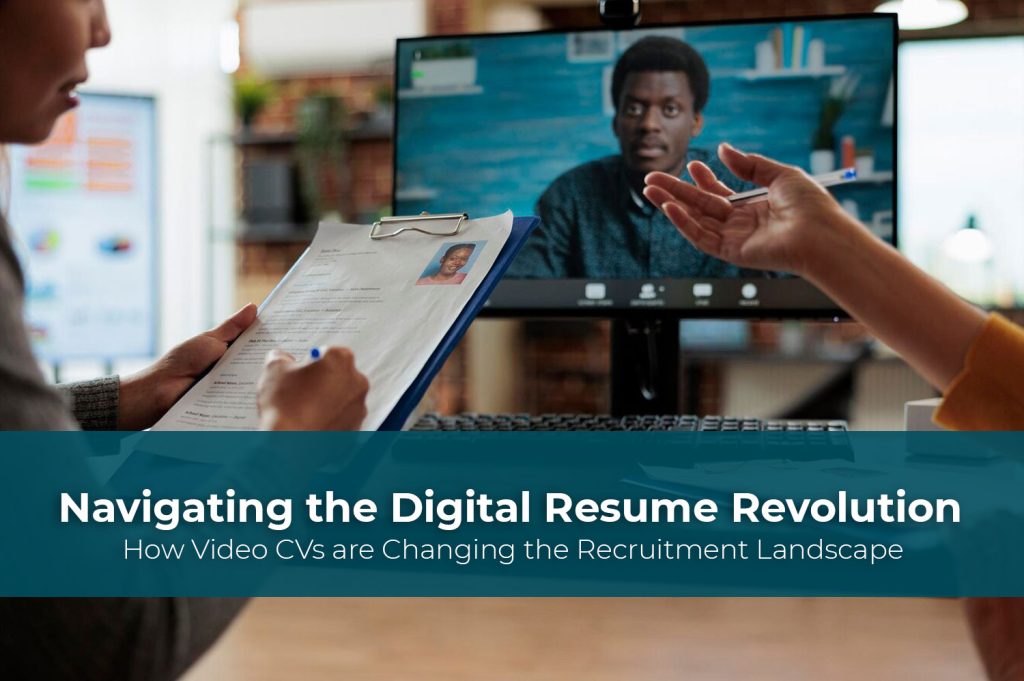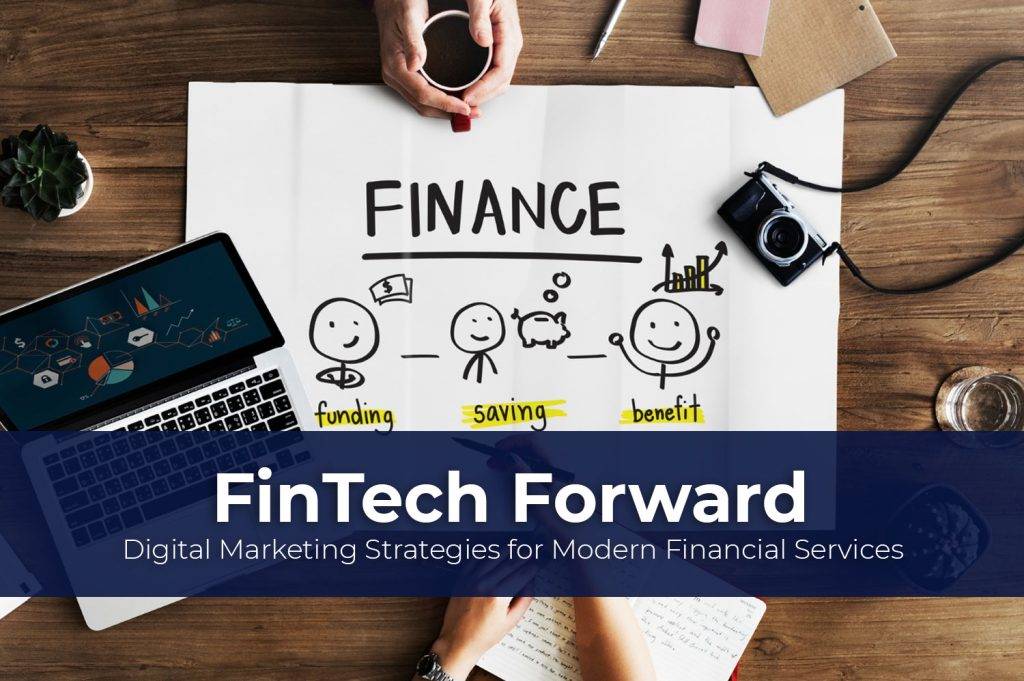Choosing the Right RPO Partner: A Holistic Overview

“Whenever you see a successful business, someone once made a courageous decision.” – Peter Drucker, Austrian-American Educator
How do we actually choose the right RPO partner? Well, let’s have a look. Recruitment Process Outsourcing (RPO) firms have become somewhat of a rising sensation in the world of talent acquisition. The ability of a company to attract, engage with, and hire candidate, has become a status symbol. With the advent of the 21st century, came many advancements that made way for one of the most productive and rapidly growing industrial landscapes in history. However, with the growth of opportunities, so too, grows the scarcity of quality talent and the ever-mounting pressure on hiring recruiters.
This is not to imply that recruiters are out there hunting down candidates to meet a quota, rather it’s a dialogue on how overburdened hiring managers are and the workload that HR departments have to contend with daily. Nowadays, HR work refers to more than just HR-related tasks. It also includes juggling multiple roles and wearing many hats. They handle recruitment, screening, hiring, payroll management, and the list just keeps going. The harsh reality is, this is too much for any single department. Some departments may not even be equipped or qualified to interview or screen candidates for highly technical roles.
“I don’t believe in taking right decisions. I take decisions and make them right.” – Ratan Naval Tata, Indian industrialist
Table of Contents
ToggleTurning to RPO Partners for Help
In looking for a solution, many companies have turned to recruitment process outsourcing (RPO). This service is what you would call a ‘blessing in disguise’ as they say. RPO allows businesses to outsource parts of- or the entirety of their talent acquisition process. On the one hand, they get the benefit of having expert recruiters gathering the best talent in the industry. The other advantage is that, they have an HR department that has more elbow room to do the things that they were meant to do.
However, before you can hire an RPO partner to take some of that work off your plate, you need to consider some very important factors. Each experience with an RPO is different. Just like any business, there are different calibers of RPO agencies and different kinds of RPO models that can address all your problems or just certain issues. When it comes to a recruitment outsourcing solution, the answer should never be a one-size-fits-all approach. It should rather be a partnership that defines and addresses your present needs. Ideally, It should also evolve as per the needs of the business. With that said, here are some important points to consider when choosing the ideal RPO partner or solution.

Your hiring volume is a good indicator of the level of RPO support you need.
1) Take a Look at Your Hiring Volume
One of the first and most important things to consider before choosing your RPO partner and the accompanying service, you need to identify your hiring volume, both present, and future. Will there be any rise in the volume of hires in the days to come? How will this impact your internal recruitment team? These questions are important to ask yourself, right out the gate. They will help you establish the parameters of your needs and decide on the appropriate measures you need to take. Anticipation is the key to success here.
If hiring volumes grow too fast and unexpectedly, the internal teams can be overburdened and this can lead to your operations being slowed down significantly. When this happens and there is no pre-planning in place, companies will often rely heavily on external agencies, which can lack a sense of the company’s values in the service, while also driving up the cost. Finding the ideal RPO partner can help you greatly as they serve more as an extension of your existing recruiting team. They stay true to and promote your brand image, while also maintaining that high level of candidate experience.
“Sometimes it’s the smallest decision that can change your life forever.” – Keri Russel, American Actress
2) What Are You Expecting of Your Existing Talent Acquisition Strategy?
When we talk about RPO, it encompasses quite a diverse range of service offerings; from end-to-end recruitment to project-based services, there is a lot to choose from. The trick is knowing which one will best work for you. You need to ask yourself, what the end goal is. What is the result you are expecting from your company’s hiring initiatives? To measure this, you need to measure how effectively your existing internal functions are performing concerning key recruiting metrics.
For instance, what is the volume of recruitment for a given financial year? Check the headcount, the open requisitions, the delivery time, as well as the employee turnover. This will help establish a baseline of sorts, against which, you can determine areas in which the RPO partner can aid in boosting performance. Simply put, you need to know the problem before you can implement the solution.
With that in mind, it is possible to go ahead and make your selection of the ideal RPO model. Generally speaking, there are a few different models to consider, such as the End-to-end model, Project-based Model, Selective RPO, or the Recruitment on Demand (ROD) Model.
3) Make a Note of How Much You Need to Invest
Any successful business needs some level of investment, be it capital for setting up the base infrastructure or investment in technology to keep up with the competition. While achieving said investment capabilities presents a set of challenges, maintaining it can prove just as intensive.
A good example to look at is modern recruitment tools such as drip email marketing platforms, social media promotions and analytics, job postings on job boards, and so on. These are all important tools of the trade, so to speak, but they are also rapidly changing in terms of trends and patterns – especially on social media.

Failing to keep up with these changes and undercutting the investment necessary to make the right impact will significantly cripple your recruitment efforts down the line. Once again, we find ourselves wrestling with the conundrum of anticipating future needs. When you know the level of engagement and investment you need to make for the sake of the recruitment process, you will be able to better identify the right RPO service provider to get you past the finish line.
4) Selecting the Ideal RPO Model
Now let’s get down to the meat of the matter. After you have established more or less where you stand in terms of investment, direction, and needs, you can proceed to consider which RPO model of service would best serve your recruitment needs. Let’s take a look at the four models that we talked about in the previous point.
“I discovered I always have choices and sometimes it’s only a choice of attitude.” – Judith M. Knowlton, Author

There are many types of RPO models, from partial to 360-degree
- End-to-end RPO: This is exactly what the name suggests. It’s an all-encompassing, start to finish service that provides the employer with services from consulting to hiring, processing requisitions, sourcing candidates, screening them, interviews, and even final onboarding activities. This model also includes extra value-added service provisions such as employer branding and workforce management services.
- Project-based RPO: A project-based RPO service is pretty similar to the end-to-end model, but it differs when it comes to the duration. As the name suggests, it’s a service that is oriented around specific projects or business initiatives. The model also carries clearly defined timelines and goals. This is a short-term model in a way and it is often used for immediate sourcing needs. There is a flip side to this model though. The model is especially useful for businesses who just want to dip their feet into the recruitment process outsourcing world and test it out. All in all, this is a good starting point for those considering the outsourcing route.
More Models to Consider
- Selective RPO: This is somewhat of a partial RPO service offering. Instead of outsourcing the entire recruitment process or stages of it, the selective model allows employers to use the RPO partner’s help to strengthen certain parts of their recruitment processes. For example, the employer may decide to use their in-house team to recruit candidates for the more high-profile or technical roles, while the RPO agency addresses high-volume recruiting.
- Recruitment on Demand (ROD) Model: Sometimes, the need is as simple as having more hands on deck for your existing recruitment process. The RPO agency then provides you with the necessary manpower to help build up the company’s internal capabilities. This is especially useful when businesses witness spikes in hiring during say…the launch of a new business initiative or a product launch.
5) Narrowing Down the Best RPO Partner
Past all these factors that you have to consider, there are a few things you need to give thought to before settling on your RPO partner. One of these things is making sure that the RPO partner and their service offerings are compatible with the company’s culture and operational processes. They should also have the appropriate infrastructure and a good track record. Proof of their performance is the best dataset to consider when assessing the competency of an agency. You should also look at the partner’s ability to grow with the organization over time.

So, What's the Way to go about It?
An RPO investment is perhaps one of the most important moves that your business could make and it needs careful consideration. It’s like a marriage, you can’t just jump right in, it’s a long-term partnership that could have horrible repercussions if it’s with the wrong partner.
In a Forbes article, Larry Myler emphasizes the need to check the RPO agency’s track record. Myler says that one should not hire an RPO firm that cannot find, hire, develop and retain an ‘extraordinary’ workforce for itself.
He further suggests narrowing down your parameters with three basic questions: What is their annual turnover? The author points out that it shouldn’t be more than 20 percent. Do they hire, train and manage their employees? How do their employees consider it a great place to work? If the answer is not ideal for any one of these questions, then that’s not the RPO partner for you.
Wrapping It up!
Other key factors you need to look at are the agency’s familiarity with the business in that given industry, their portfolio of clients who you can refer to, and their history of meeting the business goals.
So, there you have it, these are some of the main factors to consider when thinking about hiring an RPO agency, be it for the long-term or short-term. At the end of the day, these are just guidelines and by no means an exhaustive list, each business has its own set of needs that should be addressed uniquely. Similarly, the recruitment outsourcing partner selection process should be given just as much thought.

